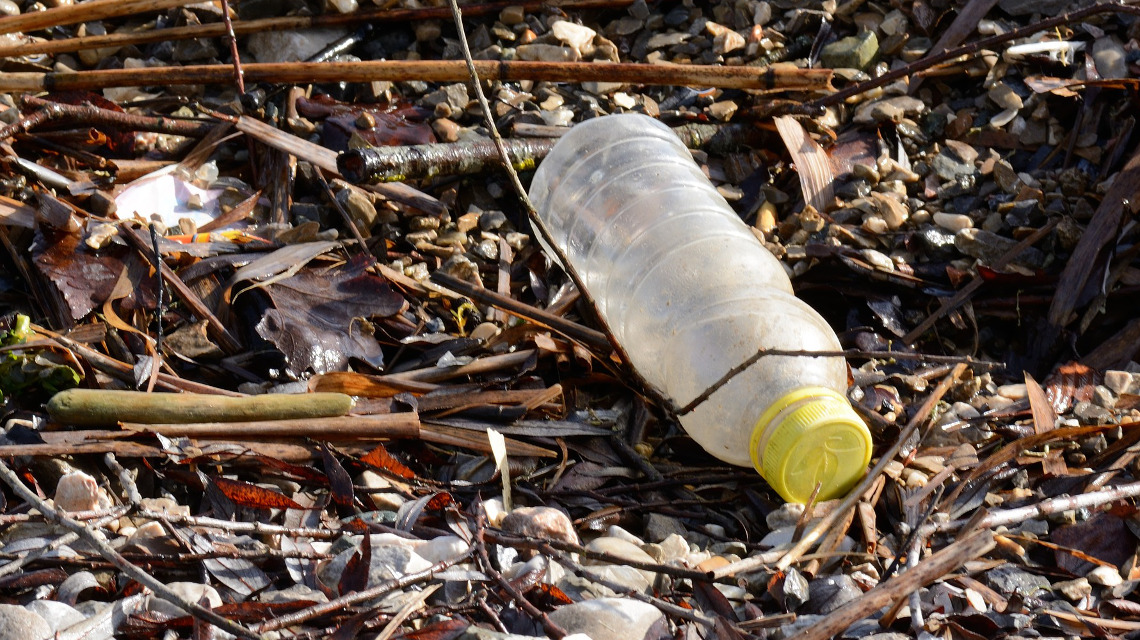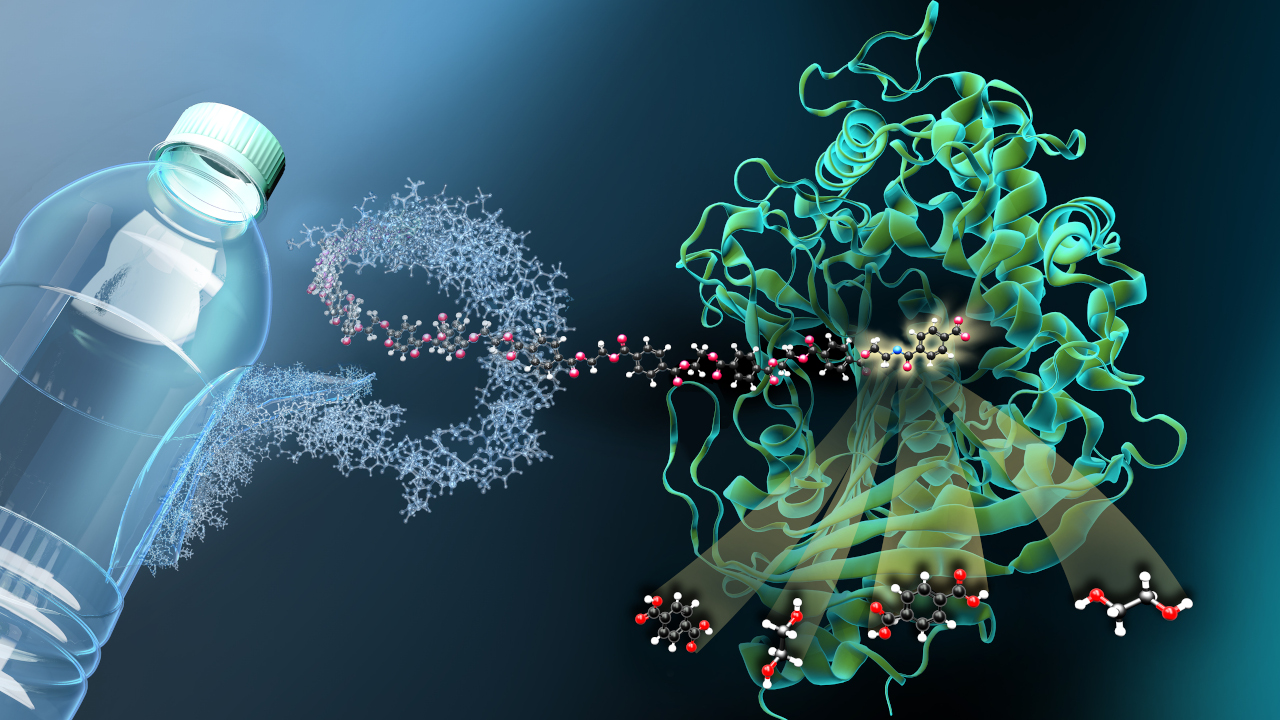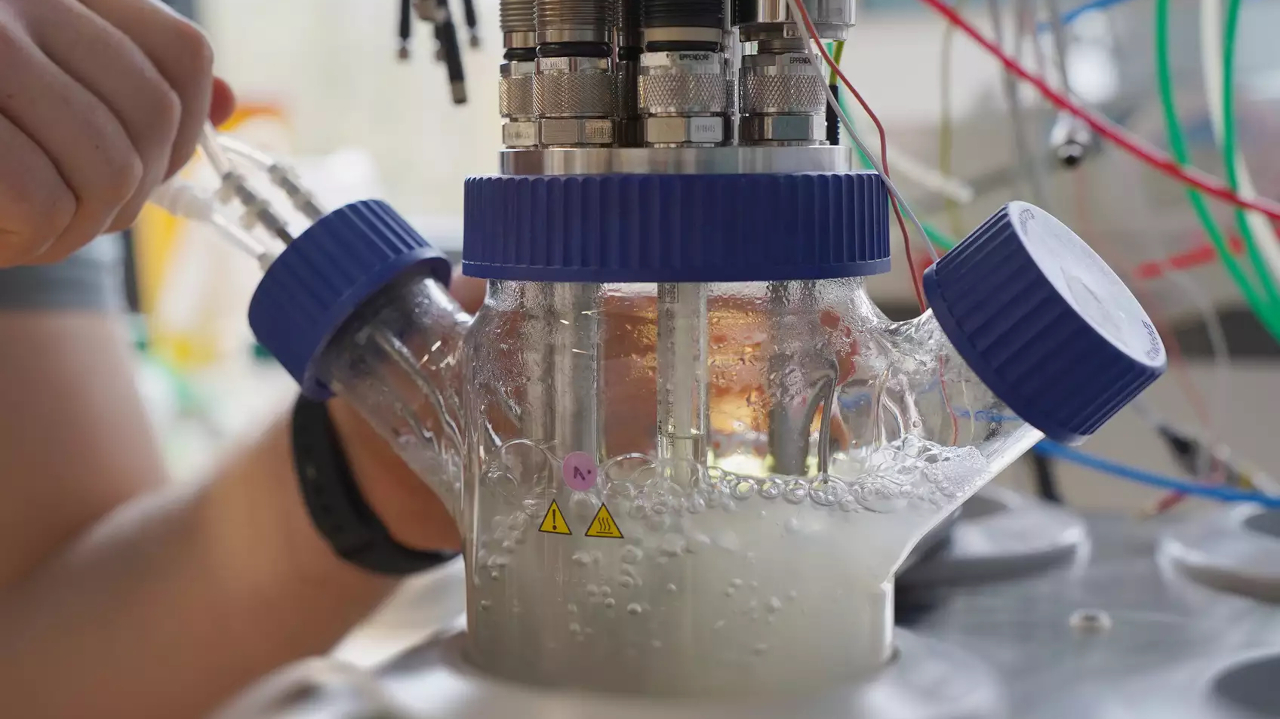Diverse bacterial enzymes degrade plastic
Mother nature knows best: Biologists discovered that the diversity of bacteria that are able to eat and digest plastic is greater than expected.

Polyethylene terephalate, better known as PET, is one of the most important plastics worldwide. However, only a small part of the production will be recycled - far more material ends up polluting the environment. According to information from the Federal Environmental Agency, it takes up to 450 years before a PET bottle dissolves by itself. As early as 2016, researchers first discovered a bacterium that is able to decompose plastic. To date, however, only a few enzymes are known that possess this ability. Biologists headed by Wolfgang Streit from the Biozentrum Klein Flottbek of the University of Hamburg have now found out that there are far more types of bacteria that can break down PET.
350 hits among 16 gigabytes of DNA
In the journal "Applied and Environmental Microbiology", biologists describe how they searched global databases for genetic sequences that indicated suitable enzymes. In sequence data amounting to 16 gigabyte covering both water and land microorganisms they found around 350 probable hits. This number is larger than originally suspected, but nevertheless such enzymes - so-called PET hydrolases – are still very rare. Predominantly the enzymes belong to bacteria of the strains Actinobacteria, Proteobacteria and Bacteroidetes. Thus, microorganisms, which have surprisingly little phylogenetic relationship to each other, possess the ability for PET degradation: "We were surprised that the bacteria involved are much more diverse than previously thought," says microbiologist Streit. Of note, according to the professor, was also the fact that in marine organisms, mostly members of the Bacteriodetes strain possess PET hydrolases, whereas in terrestrial organisms, the two other strains are the mostly equipped with the enzyme.
Four enzymes are described in detail
Four of these enzymes were chosen by the researchers to study in detail. "Our characterization adds to the understanding of the PET degradation mechanisms by bacteria. However, it also confirmed that the degradation of PET by the bacteria is very slow, " concludes Streit.Regarding the growing problem of plastic waste, this means that although nature has found ways to get rid of PET, much research is still required before an industrial process to destroy large-scale plastics based on these bacterial enzyme mechanisms will be developed.
bl/jmr


